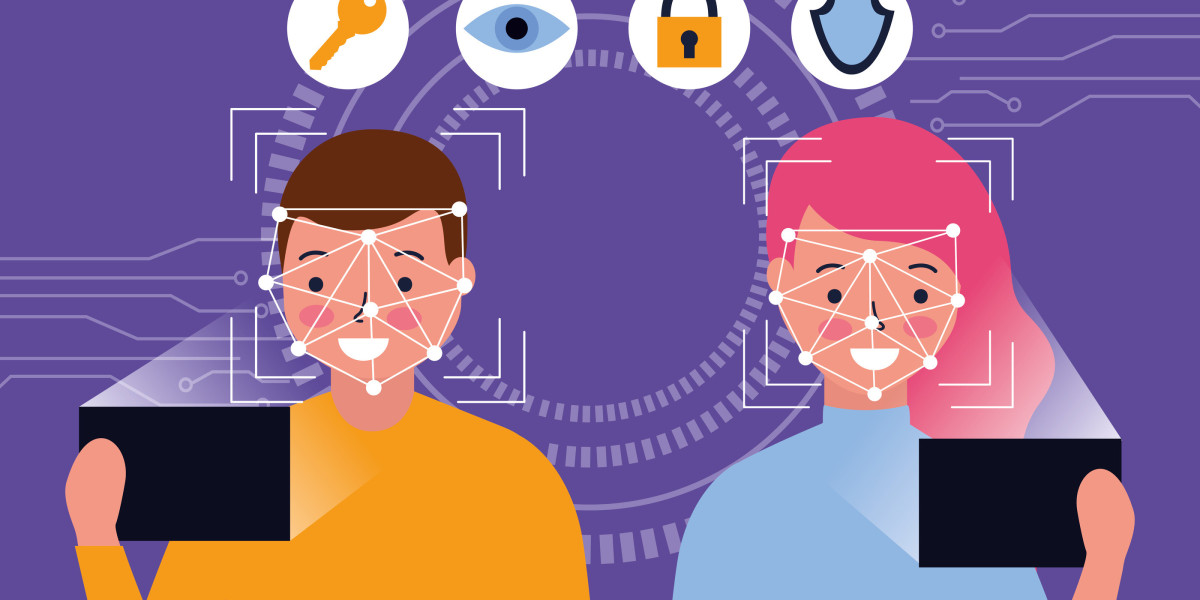Living with chronic pain is an exhausting experience that significantly impacts one's quality of life. Knowing when to seek the expertise of a pain management doctor is crucial in addressing and alleviating pain effectively. This comprehensive guide outlines the key signs and symptoms that indicate it’s time to consult a pain management specialist.
Understanding Chronic Pain: When Pain Becomes Unmanageable
Chronic pain is defined as pain that persists for more than three months, often continuing despite attempts at treatment. This type of pain can stem from a variety of conditions, including injury, surgery, nerve damage, or underlying illnesses. When pain begins to disrupt daily activities, affect mental health, or becomes resistant to over-the-counter medications, it is time to consider seeking professional help.
Common Conditions Leading to Chronic Pain
Arthritis: Inflammation of the joints causing pain, swelling, and stiffness.
Neuropathic Pain: Caused by nerve damage, often resulting in burning, tingling, or numbness.
Fibromyalgia: A disorder characterized by widespread musculoskeletal pain, fatigue, and tenderness in localized areas.
Back Pain: Often related to conditions like herniated discs, spinal stenosis, or muscle strain.
Migraines: Severe, recurring headaches accompanied by nausea, light sensitivity, and other symptoms.
Key Signs You Need a Pain Management Doctor
1. Persistent Pain Despite Medication
When pain persists even after using prescribed or over-the-counter medications, it indicates that standard treatments may no longer be effective. This persistent pain can suggest a more complex underlying issue that requires specialized care.
2. Pain That Interferes with Daily Life
If pain hinders your ability to perform everyday tasks, such as walking, working, or sleeping, it’s a clear signal that you need expert intervention. A pain management doctor can offer treatments that restore functionality and improve your quality of life.
3. Mental Health Impacts
Chronic pain is closely linked with mental health issues such as depression, anxiety, and mood swings. When pain starts to take a toll on your mental well-being, it’s essential to seek comprehensive treatment that addresses both physical and psychological aspects of pain.
4. Loss of Mobility
Pain that leads to reduced mobility or the inability to move certain parts of the body effectively requires prompt attention. This could be a sign of nerve damage or musculoskeletal issues that need specialized treatments like physical therapy, injections, or surgery.
5. Dependency on Pain Medications
Relying heavily on pain medications to manage daily activities can lead to dependency, tolerance, and a host of other health issues. A pain management doctor can help reduce or eliminate the need for these medications through alternative treatments.
6. Pain Following Surgery or Injury
Post-surgical or post-injury pain that doesn’t subside within the expected recovery period should not be ignored. It might indicate complications such as nerve damage or improper healing, necessitating a visit to a pain management specialist.
Treatment Options Provided by Pain Management Doctors
Pain management doctors offer a range of treatments tailored to the specific needs of each patient. These treatments often involve a multidisciplinary approach, combining medication, therapy, and lifestyle changes to achieve the best outcomes.
1. Medication Management
Non-opioid Pain Relievers: These include NSAIDs and acetaminophen, often used for mild to moderate pain.
Opioids: Used for severe pain, but under strict supervision to prevent dependency.
Antidepressants and Anticonvulsants: Effective in treating neuropathic pain.
2. Physical Therapy
Physical therapy helps in improving mobility, strength, and overall function, while also reducing pain through targeted exercises and modalities such as heat, ice, and electrical stimulation.
3. Injections
Epidural Steroid Injections: Used to reduce inflammation and pain in conditions like sciatica or spinal stenosis.
Nerve Blocks: Injections that block pain signals from specific nerves, providing relief in cases of severe pain.
4. Nerve Stimulation Therapies
Transcutaneous Electrical Nerve Stimulation (TENS): A non-invasive method using low-voltage electrical currents to relieve pain.
Spinal Cord Stimulation: Involves implanting a device that sends electrical impulses to the spinal cord, interrupting pain signals before they reach the brain.
5. Lifestyle Modifications
Pain management doctors often recommend changes in diet, exercise, and other lifestyle habits to help manage pain. These modifications can complement medical treatments and lead to long-term improvement.
Conclusion
Recognizing the signs and symptoms that necessitate a visit to a pain management doctor is vital for effective pain relief. Chronic pain, when left untreated, can lead to severe physical and psychological consequences. By seeking the help of a specialized pain management doctor, you can access a broad spectrum of treatments designed to reduce pain, restore function, and improve your overall quality of life. Don’t wait for pain to take over your life—consult a pain management specialist to explore your options and find the relief you deserve.








